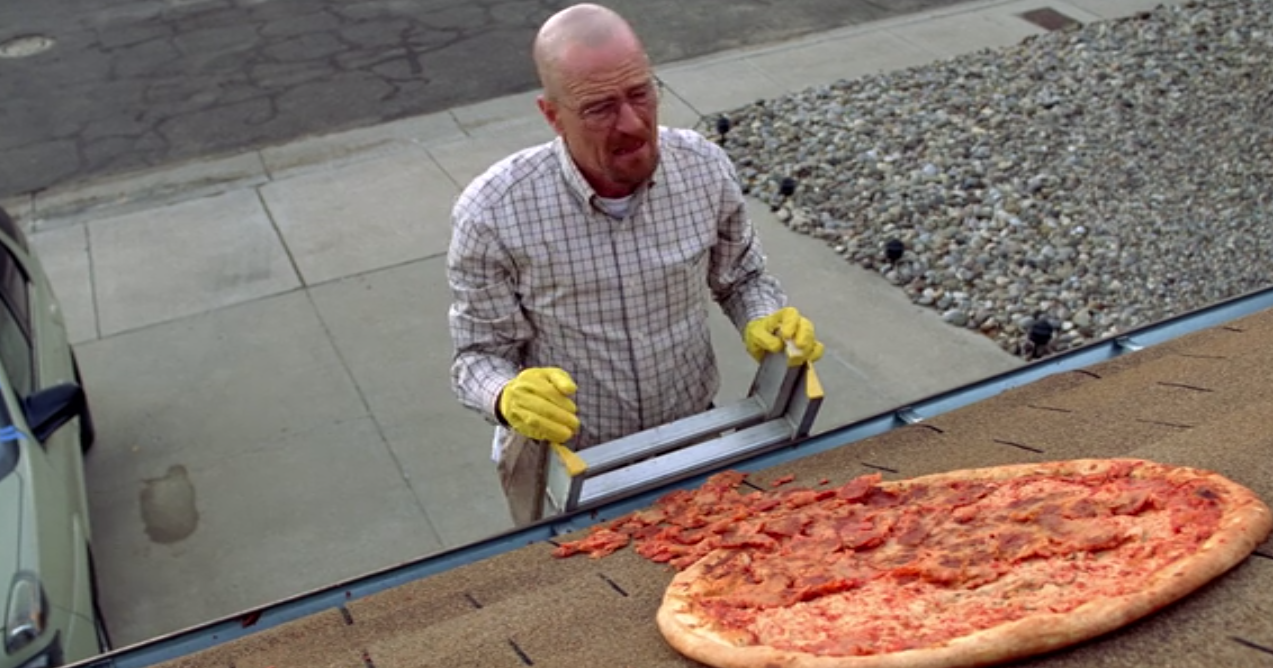We live in interesting times, as the sly old Chinese blessing/curse says.
Paul Mason, a passionate humanist who can be a bit all over the place because that’s where the trouble is, brings laser-sharp focus to a Guardian piece on the Aleppo atrocities, particularly the besieged hospitals, which he believes could signal the end of the Geneva Conventions, a chilling possibility that may be played out in the macro should another world war occur.
He’s right, but even if most nations could agree to double down on Geneva, two potential stumbling blocks remain: states ruled by a central authoritarian figure and those barely ruled at all. The former are run by dictators who can purchase increasingly powerful tools for little more than the cost of a tin pot. In the latter category, improvements to store-bought drones will only allow for more mayhem by terrorists, which was the first thought that came to my pessimistic head when I became aware of them five or so years ago.
Two excerpts follow: one from Mason and the other from Brian Dowling of the Boston Herald.
From Mason:
Since Iraq, state-sanctioned barbarity has of course been ruthlessly mirrored and bettered by the war criminals of Isis, for whom the Geneva conventions’ prohibitions read like a to-do list.
But there’s something deeper at work, eroding in our attitudes to mercy. The men and women Dunant inspired had a horror of war born of their experience of it: the more total it became, the more interest the population had in moderating military behaviour.
Modern media coverage sanitises war. Broadcasting rules in the UK, for example, place strict limits on showing death, mutilated bodies and the agony of wounded people – all the things that inspired Dunant to change the world.
Our grandfathers’ generation were surprised and shocked by the ways in which the Nazis broke the Geneva conventions. We have come to expect they will be broken in all wars.
Though the US has apologised for the Kunduz attack, and disciplined 12 people in the military for the errors that caused it, initial coverage in the US media actually justified the attack on the hospital because it was said to be treating al-Qaida fighters.
Now, as the Russian airstrikes against hospitals in rebel-held areas of Syria reach a crescendo, there is a campaign of justification centred around the accusation that the Syrian White Helmets –a medical relief group funded by both the US and EU – is “not neutral”. Regardless of the White Helmets’ funding by western powers, the issue of its neutrality is secondary to the fact that it is a medical organisation. It runs ambulances rescue services – and both are entitled to protection under the Geneva conventions, just as a British military hospital would be.
The danger should be obvious. If we do not stop and punish the targeting of hospitals in the asymmetric wars, then the next big war – should it occur – will see the Geneva conventions go out of the window. Guernica showed a generation what the second world war would be like; Aleppo shows you what any future conventional conflict will descend to, if we don’t act.•
From Dowling:
A store-bought ISIS drone packed with explosives that killed two Kurdish fighters in northern Iraq this month is raising fears the terror group could attack U.S. troops there and American civilians here at home, with lone wolves launching airborne IEDs to bypass security checkpoints and deliver deadly blasts to crowded events.
“The truth is it’s just a matter of time before someone figures this out,” former Boston police Commissioner Edward F. Davis told the Herald. “The bottom line with these things are as the drones get more sophisticated and more powerful, it’s all about payload.
“The danger is real, and there are companies that are working on anti-drone strategies, but they aren’t fully baked yet,” said Davis, who noted Boston police were involved in the 2011 case of an Ashland jihadi-wannabe who planned to bomb the Pentagon and U.S. Capitol with remote-controlled planes.
RAND Corp. terror analyst Colin Clarke said weaponized drones, which have also been used by the Iran-backed terrorist group Hezbollah, are the “tip of the iceberg” for where terror groups can go with the latest technology.
“Why should a pizza be delivered by a drone, but not a bomb?” Clarke said.•
Tags: Brian Dowling, Colin Clarke, Paul Mason

